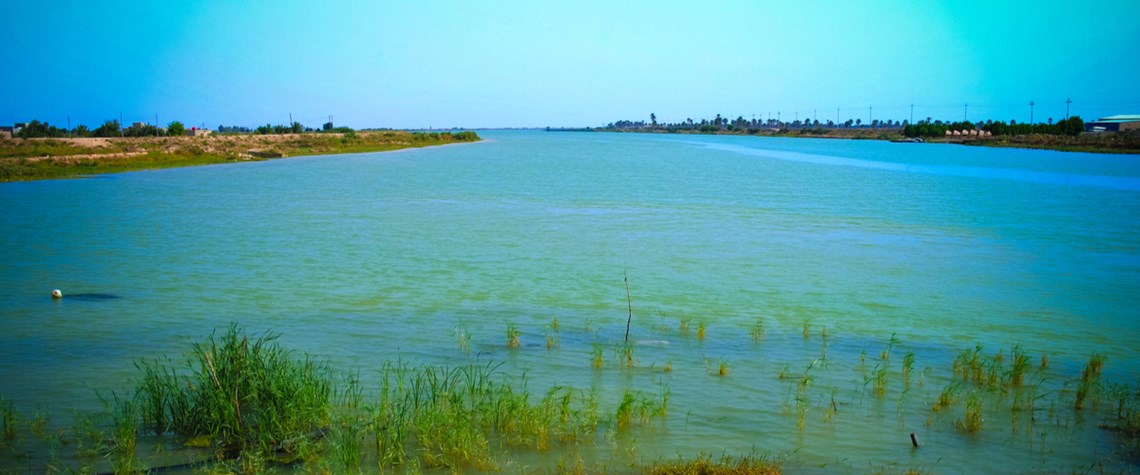Book review: Water threatens to disrupt Iraqi-Kurdish-Turkish relations
Diminishing sources of clean water and rising demand could increase tension between Baghdad and Erbil, as well as Baghdad and Ankara, a new book says
Water has been a headache for Iraq since the late 1970s, when Turkey began building huge dams on the Tigris and Euphrates rivers in the southeast of the country for irrigation and hydroelectric power generation. The dams reduced the flow of the two rivers beyond the Turkish border, raising fears in Baghdad as well as Damascus that Ankara might one day turn off the tap. Turkey is certainly able to control how much river water Iraq and Syria receive (the Euphrates flows through Syria before reaching Iraq). With Turkish president Recep Tayyip Erdogan still in the mood for expansionist adventures, Syrian and Iraqi leaders might well be justified in feeling nervous.

Also in this section
7 August 2025
The quick, unified and decisive strategy to return all the barrels from the hefty tranche of cuts from the eight producers involved in voluntary curbs signals a shift and sets the tone for the path ahead
7 August 2025
Without US backing, the EU’s newest sanctions package against Russia—though not painless—is unlikely to have a significant impact on the country’s oil and gas revenues or its broader economy
6 August 2025
Diesel market disruptions have propelled crude prices above $100/bl twice in this century, and now oil teeters on the brink of another crude quality crisis
5 August 2025
After failed attempts to find a buyer for its stake in Russia’s largest oil producer, BP may be able to avoid the harsh treatment meted out to ExxonMobil and Shell when they exited—and could even restart operations if geopolitical conditions improve








